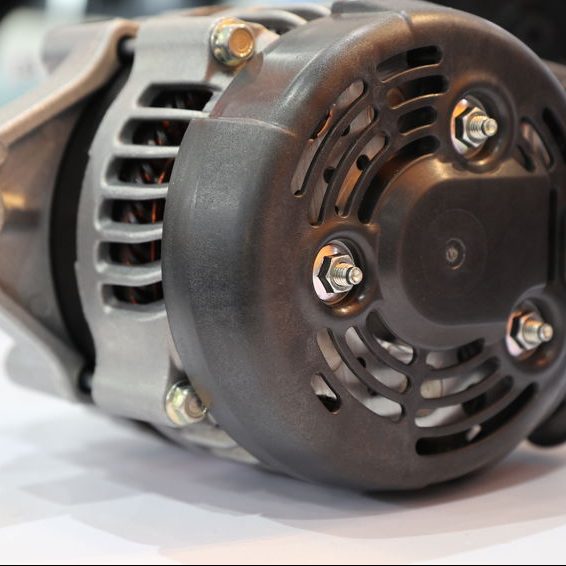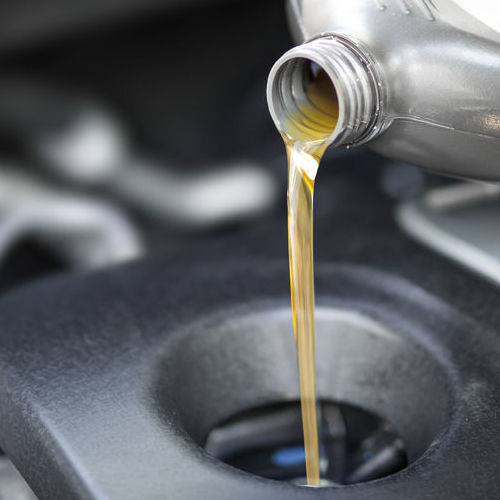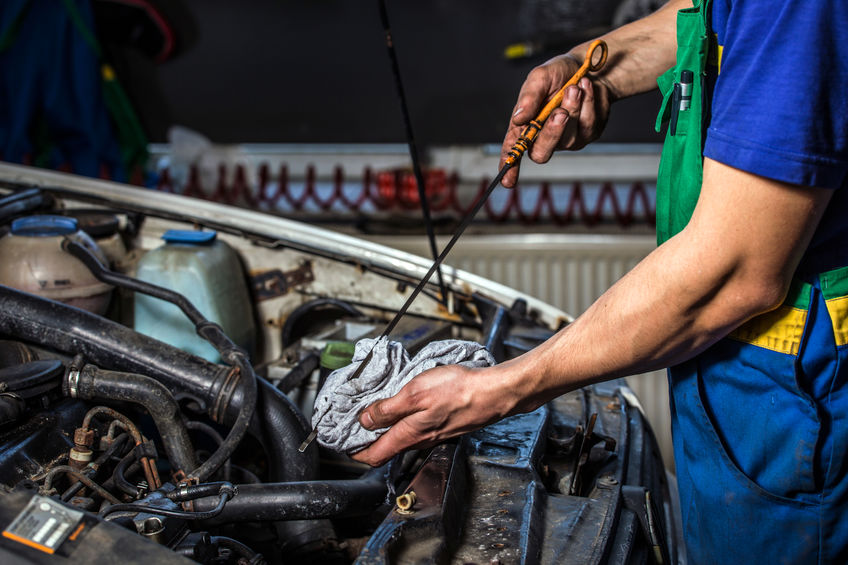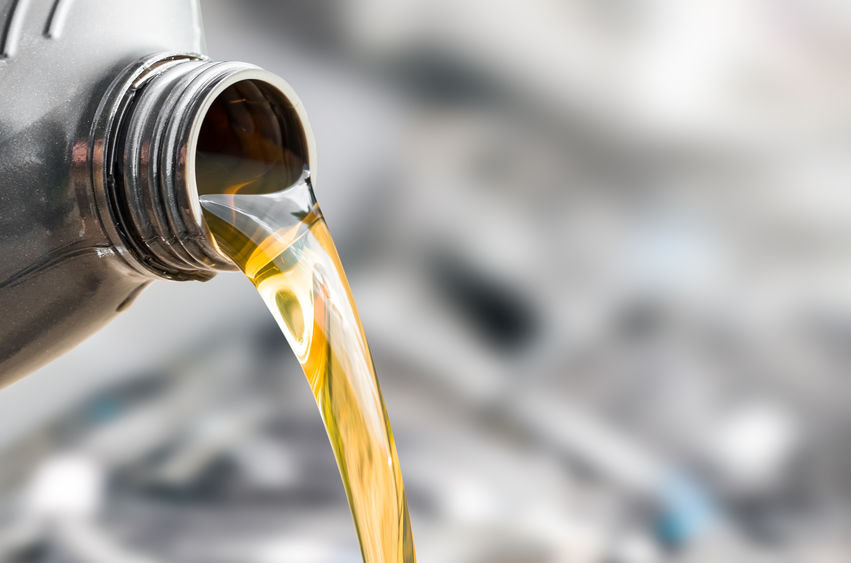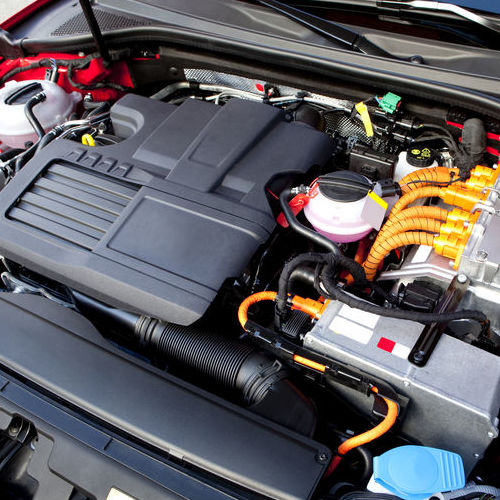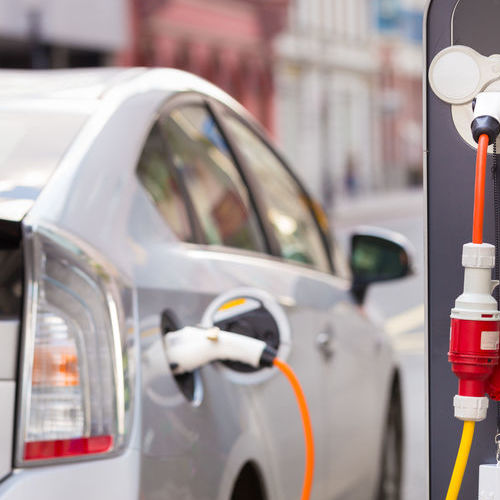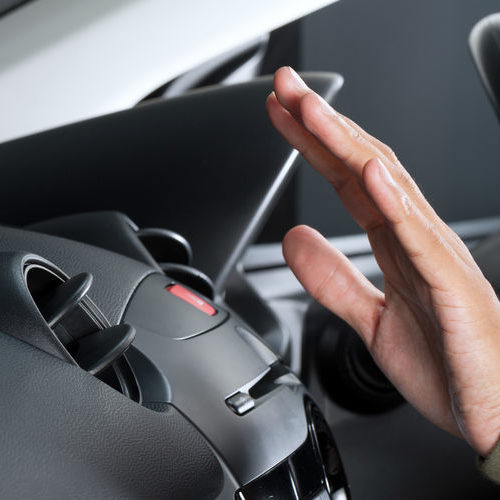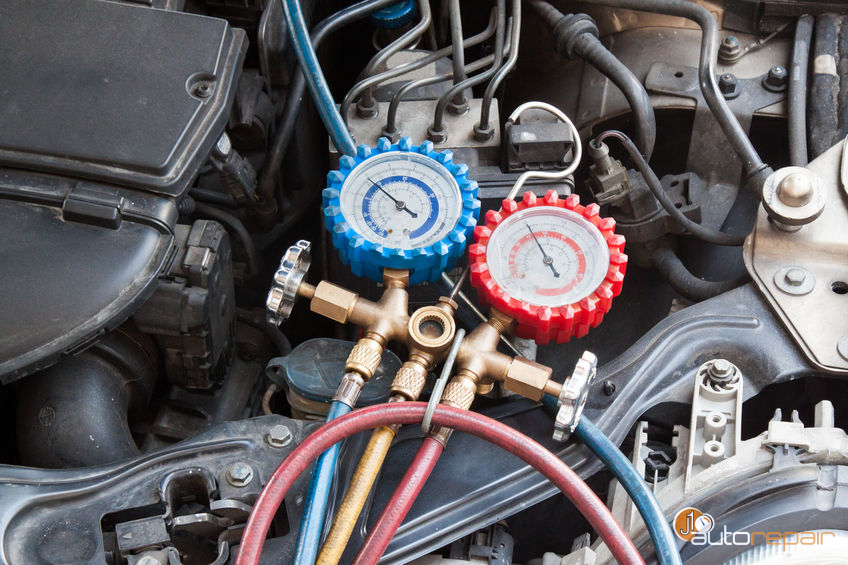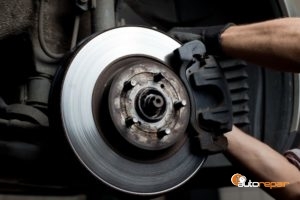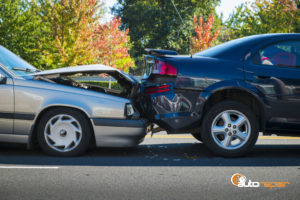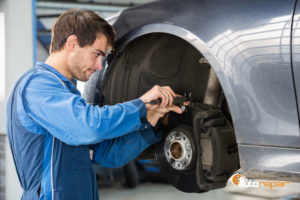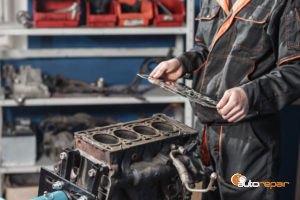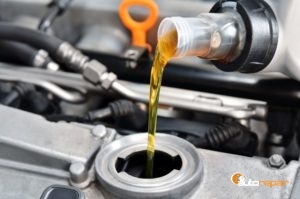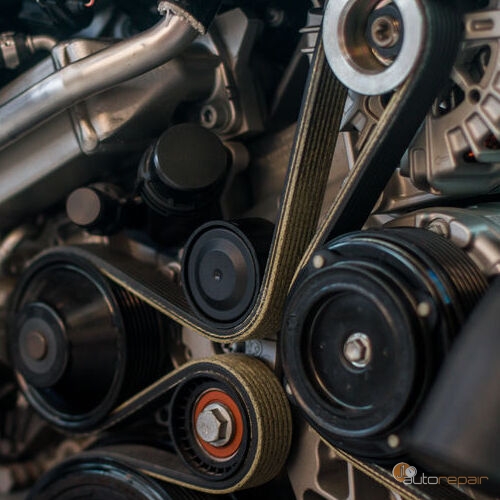
What Happens to a Car When the Serpentine Belt Breaks?
Serpentine belts are a very important part of a vehicle. If a serpentine belt is broken, it can lead to a sudden loss of power assist for the steering system. In fact, if a serpentine belt breaks, the steering wheel becomes incredibly hard to turn. This happens because the serpentine belt keeps the water pump circulating coolant, also known as antifreeze, through the cooling system. This means that the engine can overheat anywhere, including the highway.
What is the Average Cost to Replace a Serpentine Belt?
Hiring a mechanic to replace a serpentine belt usually costs approximately sixty to two-hundred dollars. This cost includes the approximately twenty-five to seventy-five dollars that it takes for the purchase of the belt and the half-hour to full hour of labor. Labor costs can range from seventy-five to one-hundred-twenty-five dollars per hour. The wait on the job takes longer for some vehicles versus others due to the fact that the serpentine belt is harder to access on some cars.
What are the Symptoms of a Bad Serpentine Belt?
How do you know that you have a poor serpentine belt? That’s a great question! Please browse through the following bullet point to learn more about the troubling symptoms of serpentine belt disrepair.
- Squealing noise. This noise should be coming from the front of the vehicle in order to be attributed to the serpentine belt.
- The power steering and air conditioning are not working in your car.
- The engine is overheating.
- Cracks and signs of wear on the belt.
If you have witnessed any signs or symptoms of the above-bulleted list with regard to your vehicle, please consult a located, trusted auto mechanic. Nothing could be worse than your serpentine belt failing while you are driving or on a highway.
How Long Does it Take to Replace a Serpentine Belt?
Serpentine belt replacement and repair in Lombard, IL can help your vehicle if you are experiencing serpentine belt issues. It usually takes approximately thirty minutes for a mechanic to replace a serpentine belt. With the right tools and equipment, an auto mechanic can complete the process within thirty minutes to an hour. As previously noted, the amount of time that serpentine belt replacement takes depends on the make, model, and year of the vehicle.
Can I Drive My Car Without a Serpentine Belt?
If you are wondering whether or not you can drive your car without a serpentine belt, the answer is firmly in the negative. Under no circumstances can you drive a vehicle without a serpentine belt because the serpentine belt serves the important function of delivering antifreeze to important parts of the engine. The serpentine belt drives the water pump, and without it, there is insufficient coolant flow to maintain the engine temperature. It is also important to consider that the serpentine belt drives the power steering pump. Without the serpentine belt, the power steering pump, which provides hydraulic pressure, no longer functions. As a result, it will be difficult if not impossible to turn the steering wheel.
Which Serpentine Belt Do I Need?
Serpentine belts are essentially a large rubber band that is located within the hood of the vehicle. The serpentine belt loops around the air conditioning compressor, the idler pulley, the power steering pump, the crankshaft, and a few other components. Serpentine belts can have different sizes. In order to determine the size you require for your serpentine belt, you’ll need seven and a half feet of string, a ruler, and a marker. Would you like a pro-tip? If you have the old serpentine belt in your possession, measure it and purchase the same replacement size. If you do not, use the piece of string and wind it around the engine as described in the owner’s manual. Once you have the measurement, mark the area on the string where it completely wraps around. You will need a size slightly smaller than the measured area. You should subtract approximately ½ an inch.
Different types of fuel power our world. The gas lines in your home require attention from time to time. Gas line services in Oak Park, IL are an example of the services that you should review for your property’s gas lines.
Where is Tensioner on Serpentine Belt
For the fan belt replacement, the tensioner should be addressed first. A solid tensioner should exhibit a slight vibration with about 1/32 inch or less of arm movement. This means that the belt should run smoothly with no true visual vibration.
Which Serpentine Belt is Best
There are many different variations of the serpentine belt. According to new trends in research, the Bando USA 6PK1305 is noted as the best version currently on the market. This is based on a reviewing and purchasing guide that is engineered to enable reviews from mechanics nationwide.
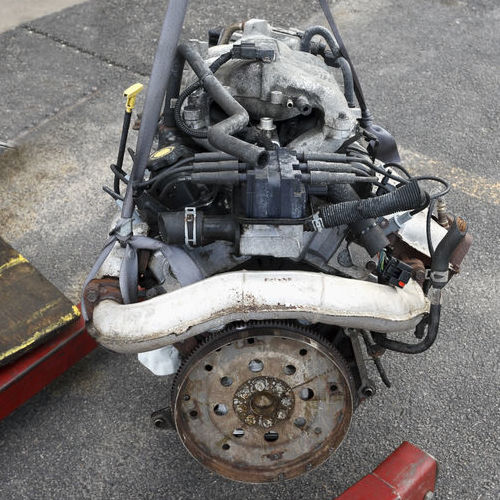
What is a Serpentine Belt Tool
A serpentine belt tool kit releases the tension on the serpentine belt with spring-loaded idler pulleys. A serpentine belt tool kit is not expensive, usually costing less than twenty dollars.
Have you experienced one of these auto issues? Our friendly operators at J1 Auto Repair are available now at 630-932-4427 to schedule the repair for your serpentine belt in Lombard and Wheaton, IL.

